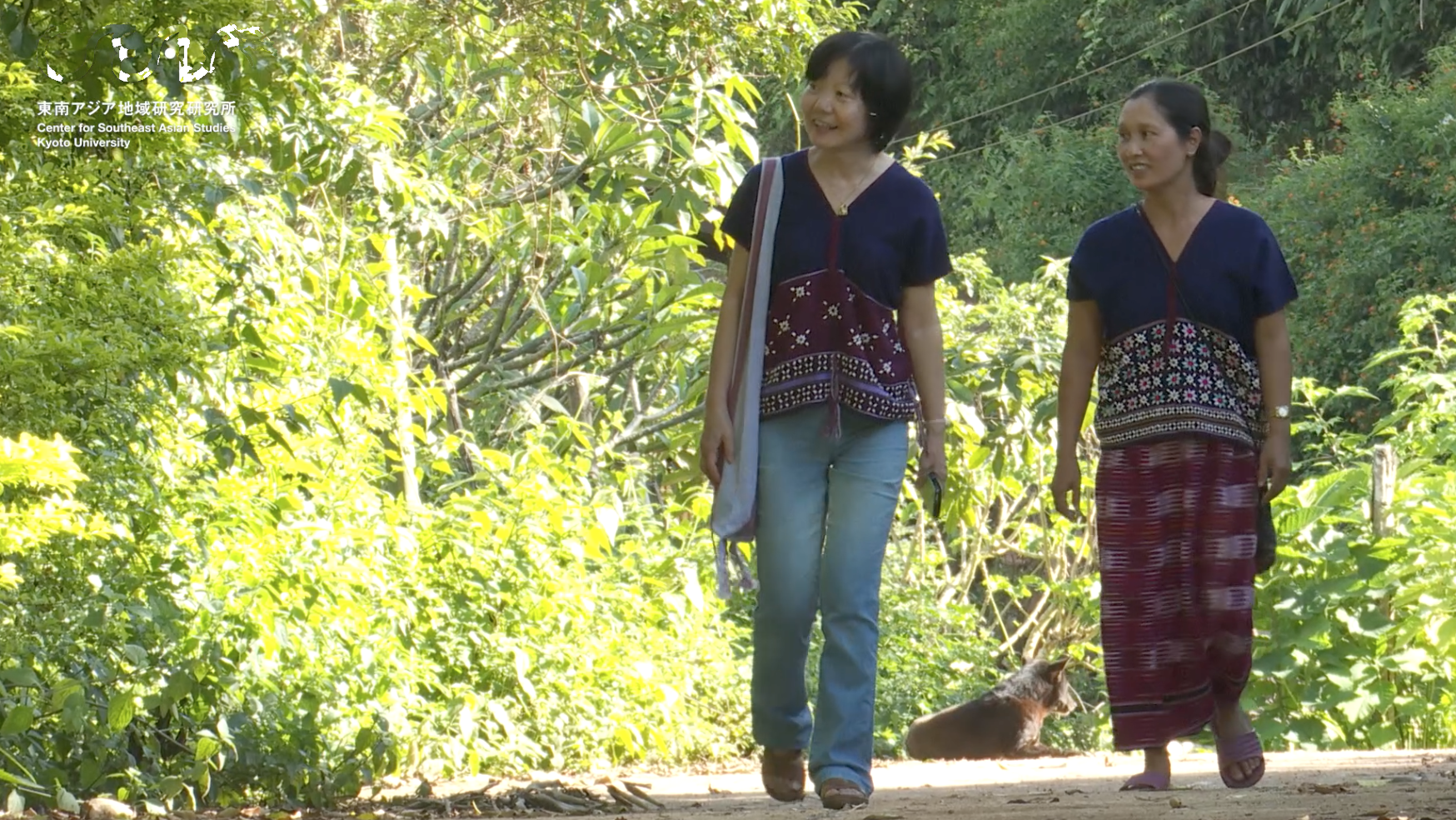We have subtitles in multiple languages (Thai, Indonesia, Filipino, Vietnam)
Play YouTube, select subtitles from settings (gear icon)
For ethnographic field research, we arrive at our research sites with our “big question” and live together with the people as much as possible. Through this experience, we bring ourselves to reconsider what we take for granted, rethink the “question” itself, seek answers, and reframe our questions continuously. Here, I introduce my own long-term research in a Karen village in the hills of Northern Thailand.
From my ethnographic field research in the Thai hills
For ethnographic fieldwork, we live together with the local people as much as possible in order to understand how they live their daily lives, what kinds of relationships they hold with each other, and what they experience, think, and feel. By acquiring the language, participating in everyday activities and events, and repeating dialogues in mutual relationships, we try to reach as close an understanding as possible. Experiencing differences in the way we think and feel, at times being emotionally involved in both negative and positive ways, and through daily surprises, we continually reflect on our own selves and the other. The understanding attained through this process is then written, as if in translation, in the ethnography.
The relationship between the fieldworker and the local people may in some cases continue for many decades. The village in this video is a Karen village where I conducted my first long-term (18 months) fieldwork from 1987, and where I have continued to visit intermittently over three decades. The Karen people is a minority ethnic group in the Northern Thai hills who differs from the lowland majority Thai people linguistically and culturally. Its population is said to be about 0.5% of the country. Some Karen are Buddhists like the majority Thai people, but there are also a good number of Christian Karen as well as those who perform various spirit rituals. The hill-dwelling ethnic minority is by and large deemed poor and needing developmental aid and are often objects of disdain. Initially, I wanted to know how those people made a living, and how they maintained their beliefs and culture in a Buddhist country. During three decades, I myself have been through different life stages, and my questions have evolved. My interests have included religious beliefs and practices, women’s roles in the family and everyday life, and more recently, how they take care of the elderly in changing everyday life and social conditions where youths are increasingly leaving the hills to go to the cities. The Thai hills are not exempt from current global transformations. Amid such changing processes, how do the Karen people in the village seek a better life, and what are the continuities and what are the changes? These are questions that are only possible through long-term engagement in the field.
Since the short film focuses on the researcher, it does not include the voices of the villagers themselves. However, I am grateful that with the kind permission from the village people, it has captured the scenery and the expression in the people’s faces, which cannot be captured in a written ethnography.
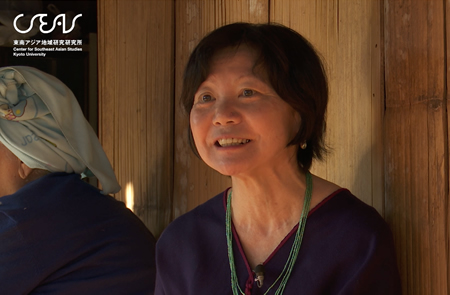
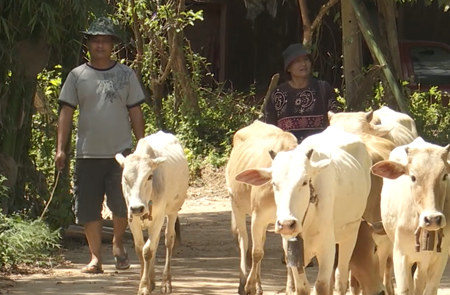
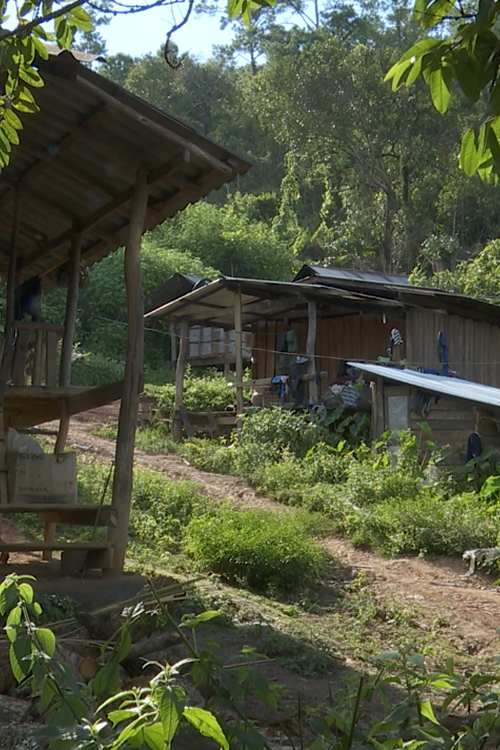
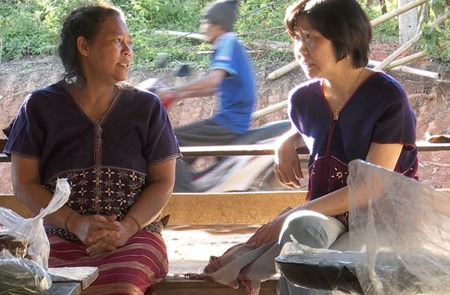
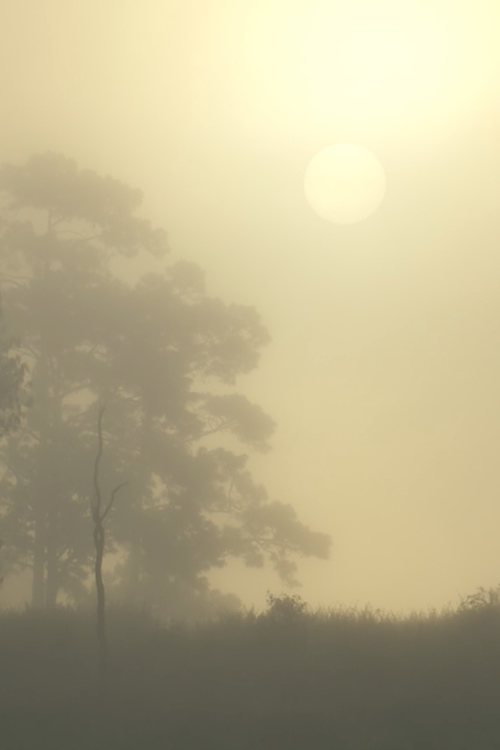
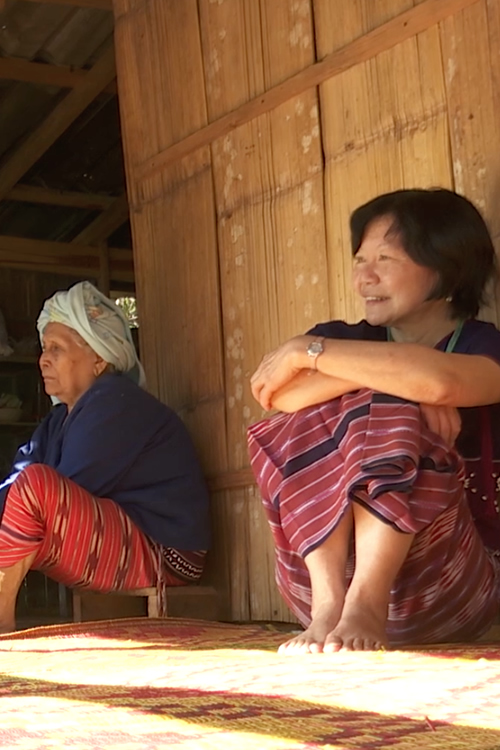
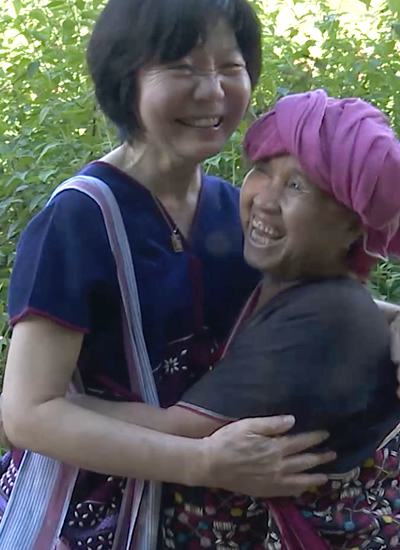
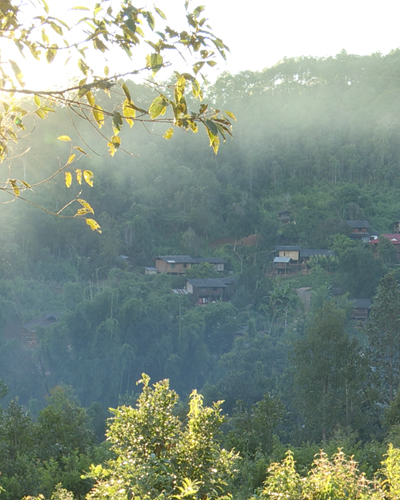
Introduction Of Literature For Those Who Wish To Learn More
(1) The best way to learn about ethnographic fieldwork is to read ethnographies. Here are some ethnographies related to the above fieldwork.
(2) The following are some ethnographic writings from my earlier fieldwork.
Hayami, Yoko 2004 Between Hills and Plains: Power and Practice in Socio-Religious Dynamics among Karen. Kyoto and Melbourne: Kyoto University Press and Trans Pacific Press. 385p.
(3) Hayami, Yoko 2007 “Negotiating ethnic representation between self and other: the case of Karen and eco-tourism in Thailand”. Southeast Asian Studies 44(.3): 385-409.
(4) Hayami, Yoko 2007 “Traversing Invisible Borders: Narratives of Women Between Hills and City”. In Roxana Waterson ed. Southeast Asian Lives: Personal Narratives And Historical Experience (Research in International Studies Southeast Asia Series), edited by Roxana Waterson, pp.250-274. Ohio University Press and Singapore University Press.

